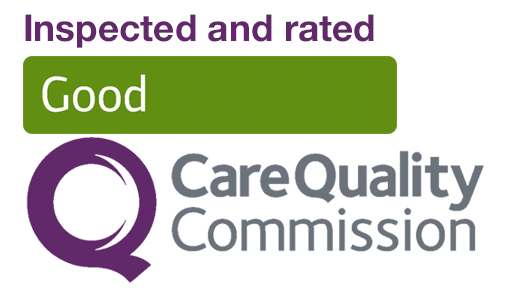A hernia in pregnancy is not something to laugh at. It has the potential to create unique and extremely serious difficulties during labour. Hernias are usually removed after delivery, however, in rare circumstances, therapy may be required immediately. This article will explain the causes, types, and dangers of hernias during pregnancy, as well as treatment alternatives, to protect your health and the health of your fetus.
What Is a Hernia?
A hernia is a medical condition in which an internal organ or a portion of it begins to protrude via a hole or tear in the body’s muscles. Hernias in the lower thoracic, abdominal, and groyne parts of the body are fairly prevalent. Hernias do not go away once they’ve formed, but many don’t need to be repaired if they’re not causing any problems. Pregnancy puts strain on the abdominal walls as the uterus grows, which can lead to hernias.
Hernia types
- Umbilical or belly button: The most frequent type of hernia in pregnancy is an umbilical hernia. When a kid is born, the umbilical cord is linked to this place. There is a little gap in this location that can be stretched open with greater pressure. It arises during pregnancy and then vanishes after birth.
- Inguinal hernia/Femoral hernia: These can be found in the groyne region.
Incisional hernia: It appears as a vertical scar on the abdomen and develops at the site of the operation.
Hernia usually develops after 18-20 weeks of pregnancy, and approximately 2% of pregnant women develop it during or after their pregnancy. Surgical intervention is required in about 0.02% of women.
Hernia can occur in 2 out of 1000 women who have a transverse incision and 10 to 30% of women who have a vertical incision.
If a hernia develops during pregnancy, it does not need to be treated right away until it becomes painful. If left untreated, it can lead to life-threatening consequences such as blockage and intestinal gangrene.
Hernias in mothers may not damage their children.
After birth, 10-30% of infants develop an umbilical hernia, which normally resolves within a year, although 2% may require surgery.
What Causes Hernia in Pregnant Women?
Hernias can strike people of all ages in surprising ways. They are more common among persons who were born with weak muscles, older people, or very active people. Muscle weakness is known to exacerbate other disorders, leading to hernias. The following are some of the most common causes of pregnant hernias:
- A gradual increase in the uterus’s pressure on the abdomen.
- Abdominal fluid has increased.
- gaining too much weight
- Heavily lifting weights.
- Exercising excessively when urinating or passing faeces.
- Sneezing or coughing regularly.
Signs and Symptoms of Hernia in Pregnancy
Many women have no signs or symptoms. When lying down, standing, or coughing, some people notice or feel a bulge in the inguinal or belly button area. While laughing, talking, coughing, or sneezing, some people experience dull aching discomfort. Some people may find it harder to walk as they grow older. If they have symptoms such as discomfort, fever, or nausea, they should see a doctor every once.
Complications of Hernia
Hernias can result in several issues. The following are some of the dangers of hernias during pregnancy:
- An increase in the size of the hernia: Hernias may be undetectable in the early stages of pregnancy, but they will gradually grow larger as your pregnancy grows. Any strain in the area can cause it to grow even bigger.
- Racing heart: The rhythm of the heart is known to be altered by pregnancy hernias, causing racing and palpitations. This is extremely dangerous and necessitates medical attention.
- Reduced blood flow: Your skin tone will alter and become lighter as a result of the lack of circulation in the hernia area. This is a life-threatening situation that necessitates immediate surgery.
Soreness or pain: Hernia pain is a common symptom of the condition, and it is usually persistent, although it can sometimes come in waves. If the discomfort becomes unbearable, please see a doctor.
How Is Pregnancy Hernia Treated?
Hernia support bands can be used to halt the progression of the hernia, as well as avoid lifting high weights and getting enough rest. Surgery, on the other hand, is the only effective option to repair a hernia. Generally, procedures should be postponed for at least three months after the baby is born to give you time to recover. Laparoscopy, which includes making small incisions and inserting a camera, is one surgical approach for removing hernias. This eliminates the need for an intrusive procedure. Hernias are usually repaired with a mesh-like material that is stitched around the affected area to strengthen the muscles.
Tips for Prevention
- Preconception counselling should include a general and physical evaluation to rule out the possibility of a hernia.
- Excessive physical exertion, such as lifting heavy weights, should be avoided.
- Maintain a healthy body composition.
- It is not a good idea to lift or carry children by the arm.
- Under supervision, yoga and muscle strengthening exercises are performed.
- Constipation can be avoided with a balanced diet.
- Avoid smoking and straining when urinating or having a bowel movement.


